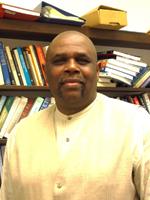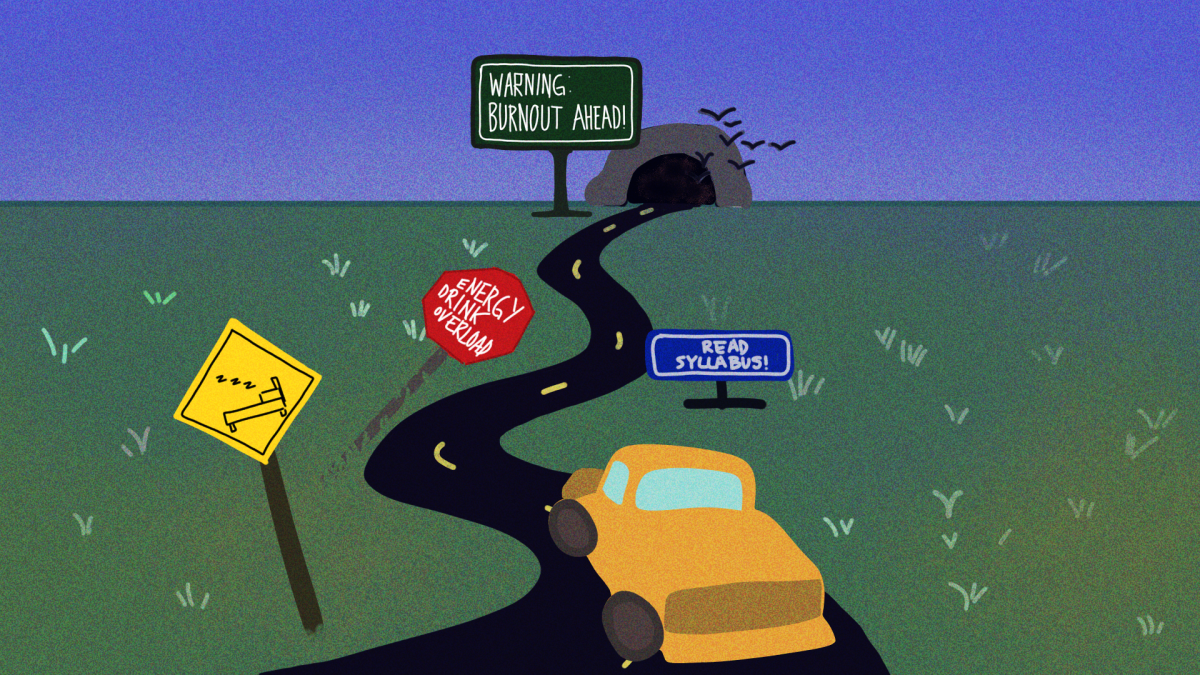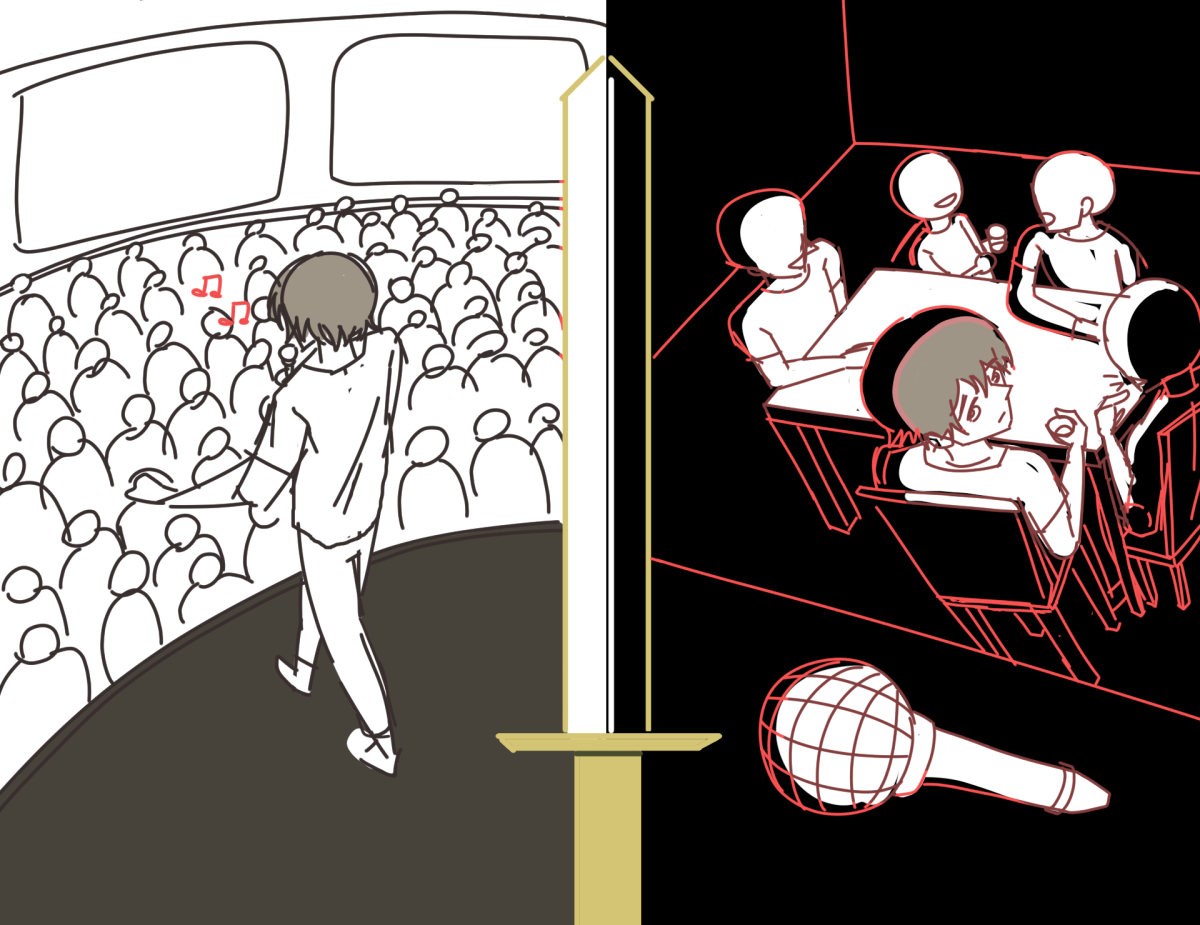Within minutes of each other, on Thursday, I received two emails.
At 2:30 p.m., email-one said: “Dr. Nacoste, I’m in need of your help. Most of my friends are aware of the research and material I have studied under your theory and many have contacted me today concerning UAB and want my ‘opinion.’ I’m sure you are aware of the film that will be shown, “Dear White People,” as part of Diversity Education Week. Many of my ‘white friends’ are appalled. And I have tried to understand how such a loaded question filled with inter-group tension is supposed to promote diversity on campus? In the title, you can clearly see the ‘us vs. them’ dynamic. I was hoping for your insight.”
I responded to that email saying, “I really don’t know anything about the film, except that it has made the rounds of college campuses. But I am troubled that this is making students angry. Our students are defacing the posters, tearing them down. All of that is highly unacceptable, going way past just being put off by the title. Those reactions should tell you that no matter what people say they feel those are not innocent responses to a movie title. Everyone should check themselves to investigate why a title like this (with no racial slurs) is so emotionally provocative to them. What intergroup anxiety is it really tapping into?”
By the time I finished and sent that response, I saw the second email. I put off responding to email-two because I had to finish my teaching preparation for my class at 4:30 p.m.. Not only that, but I had to be sure I had ready the presentation I would be giving right after class to the Kappa Phi Lambda (Asian-American interest) Sorority for its Diversity Education Week event.
Friday, I finally got around to email-two, which said, “I am a student in your PSY 411 class this semester. I am emailing to express my concerns over the events at Talley today, 3/23 in hopes that you will be able to help. As I was walking past Stafford Commons, I read signs that said ‘Dear White People, stop dancing’ and other signs that made fun of common ‘white people’ stereotypes. To be honest, I was caught so off guard and felt so uncomfortable I walked as quickly away from the situation as I could. Using the knowledge you have given me this semester, I am very hurt by the fact that in such a public manor, white people were being isolated as the sole perpetrators of bigotry. You have said countless times, there are no innocent, yet I feel the need to apologize for the color of my skin and the apparent bigotry that is automatically associated with it. I would be grateful for any encouragement or advice for how to deal with these emotions…”
By the way, I am not just busy on our campus helping people learn how to manage themselves when these kinds of things happen. On the increase are calls to me to help other colleges and universities deal with neo-diverse tensions in their student bodies. In fact, earlier the same week of our “Dear White People” kerfuffle, I got two requests for my help.
An administrator from Shippensburg University in Pennsylvania wrote with a “Request for possible assistance,” to say, “Last fall a vile bigoted comment was posted on social media. If you would be willing to come and assist us…” Same day, an administrator from Yavapai College in Arizona wrote to say, “Right after the election we had several incidents of hate speech, defamation of property and the like on our campus. I was wondering if we could get you to come to help us with these neo-diversity issues on our campus.”
None of you should think, then, that these are issues only at NC State. Trust that there are no intergroup utopias out there. There are no innocent places to go.
To the second NC State student who emailed me about “Dear White People,” I said: “Your response to this racial affront is not wrong or overly sensitive. Nor are the responses wrong or overly sensitive of African-Americans to people ‘having fun’ with stereotypes of black people (B.E.T parties). But your reaction is more focused because you are taking my class and you are now able to articulate exactly what you are reacting to with appropriate concepts and outrage. You can now call out bigotry as bigotry.
“But do not ‘give in’ to the psychology of this particular bigotry. Other people’s stereotypes of people with white skin color, does not define you. Same that I will not let people’s stereotypes of those of us with dark-skin color like mine become a part of how I think of myself.
“Too, it is good to know that ‘…there are no innocent.’ I do not know the intent UAB had for using the film or promoting it the way it was done. But I do know that on our campus, in towns and cities, in Hollywood, just the same as there are white people who want black people to shut up, there are black people who want white people to feel guilty. I cannot stop that from happening and neither can you. With education, what we can do is see the bigotry for what it is. With that understanding, we then should know not to let the bigotry make us act in inappropriate ways. We then should educate those in our social circles, about the nature of bigotry. And we then, when appropriate, should speak out against that bigotry, calmly and clearly.”
To the NC State community, I say this: Use of group stereotypes should not be offensive to you only when aimed at a group with whom you identify. If when gays and lesbians point out, if when Muslim students speak out against, if when African-American students object, if when women call out, if when white-males lament, stereotypes and all you say is “why-are-they-so-sensitive,” you reveal that you only care about your group.
Stereotyping is one form of bigotry. But it’s not bigotry just when it is aimed at white people. All bigotry is all the same — anti-group feelings expressed in (verbal or nonverbal) behavior. Objecting to bigotry only when it is about “your group” means you are playing an active role in maintaining and spreading the intergroup tension tearing at the soul of America today.
We now live in a neo-diverse America. No longer segregated from each other, on our neo-diverse campus we all have to encounter and interact with people from many different groups with many different experiences and viewpoints. Whosoever is not willing to interact with fellow NC State students with respect, whosoever is unwilling to fight against stereotypes of any of our students, that person is just taking up space on our campus. Such a person does not deserve to be considered a member of the Wolfpack.
“For the Strength of Pack is the Wolf and the Strength of the Wolf is the Pack.”
To be a full-fledged member of the Wolfpack, you must believe everybody here is Wolfpack. You must support and nurture all of the neo-diverse members of the Pack no matter their group of origin.
That is the soul of the Wolfpack.
#GoPack
Dr. Rupert Nacoste is Alumni Distinguished Undergraduate Professor of Psychology and author of “Taking on Diversity: How we can move from anxiety to respect.”





